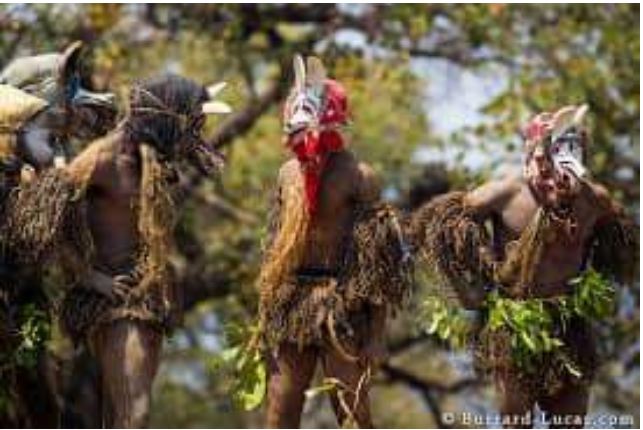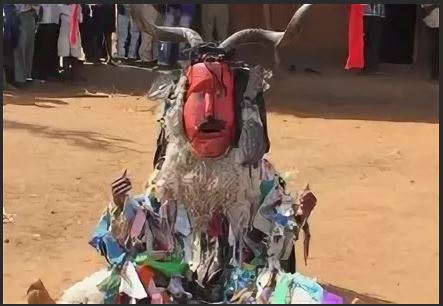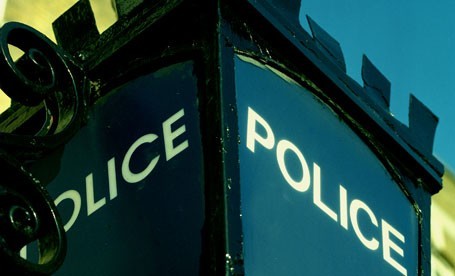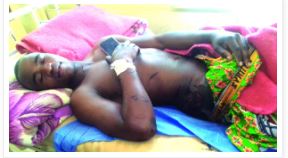The Chewa, a Bantu people of central and southern Africa and the largest ethnic group in Malawi, are a matrilineal society with over 1.5 million people spread across two clans – the Phiri and the Banda. The Phiri are associated with the kings and aristocracy, while the Bandas are healers and mystics.

The Chewa are known for some fascinating cultural practices, including their masks and famous dance called Nyau. To others, Nyau is a secret society group with magical powers. The masked men of Nyau, who are highly revered, do communicate with the spirits, or those who are dead, and the Chewa call this act pemphero lalikulu, or the ‘great prayer’, according to accounts.
Also seen as a religious group, the Nyau display usually during funerals, birth ceremonies or presidential rallies, wearing masks and costumes made of banana leaves.
The Chewa originally migrated from Nigeria and Cameroon and settled in Zaire (present-day Democratic Republic of Congo). They later moved to Malawi and Zambia. Today, the Chewa in Malawi can be found in “compact villages” in the districts of Kasungu, Nkhotakota, Dedza, Dowa, Salima, Ntcheu, Mchinji and Lilongwe in the central region of Malawi. They practice agriculture but sometimes engage in hunting and fishing.
Here are other interesting cultural facts and traditions about the Chewa people of Malawi you should know:
Marriage
Marriage plays a big role in the lives of the Chewa people. When a Chewa man and woman agree to marry, the man informs his uncle (Mwini Mbumba) or any head of the family.
The uncle will then meet the woman’s uncle to make the man’s intentions known and make formal negotiations. During such meetings, the uncle of the man gives the woman’s uncle some money, household items or clothes. These gifts, known as “Chikole”, can be returned in case the marriage is terminated.
Burial rites
The people of Chewa had an intriguing burial ritual. When a tribe member died, the body was taken to a sacred place and cut open at the throat. Water was then poured through the hole and squeezed down the stomach until it came out through the anus. This process was done repeatedly until the water came out clean. This water was then used to prepare food for the entire members of the ethnic group present.
Communication and masks
Their language, Chewa, also called Chichewa, Nyanja, or Chinyanja, is one of the major languages spoken in Malawi. As already highlighted, the Chewa also communicate through their popular dance Nyau or Gule Wamkulu, which serves as the bridge between the living and the dead.
The dance includes songs performed by individuals in masks that represent spirits or animals, even though in recent times masks represent items such as motorbikes or cars.
Worship
According to South World, there are rules which do not allow Chewa people to speak directly to their heads as intermediaries are in charge of communication between the people and their heads and vice versa. These same rules are applied to the relationship between God and men. The creator deity Chiuta is not supposed to address human beings directly and vice versa. “Intermediaries are needed again, and the best suited for this role, in this case, are the spirits of the ancestors,” according to South World.
Source: Face2faceAfrica




